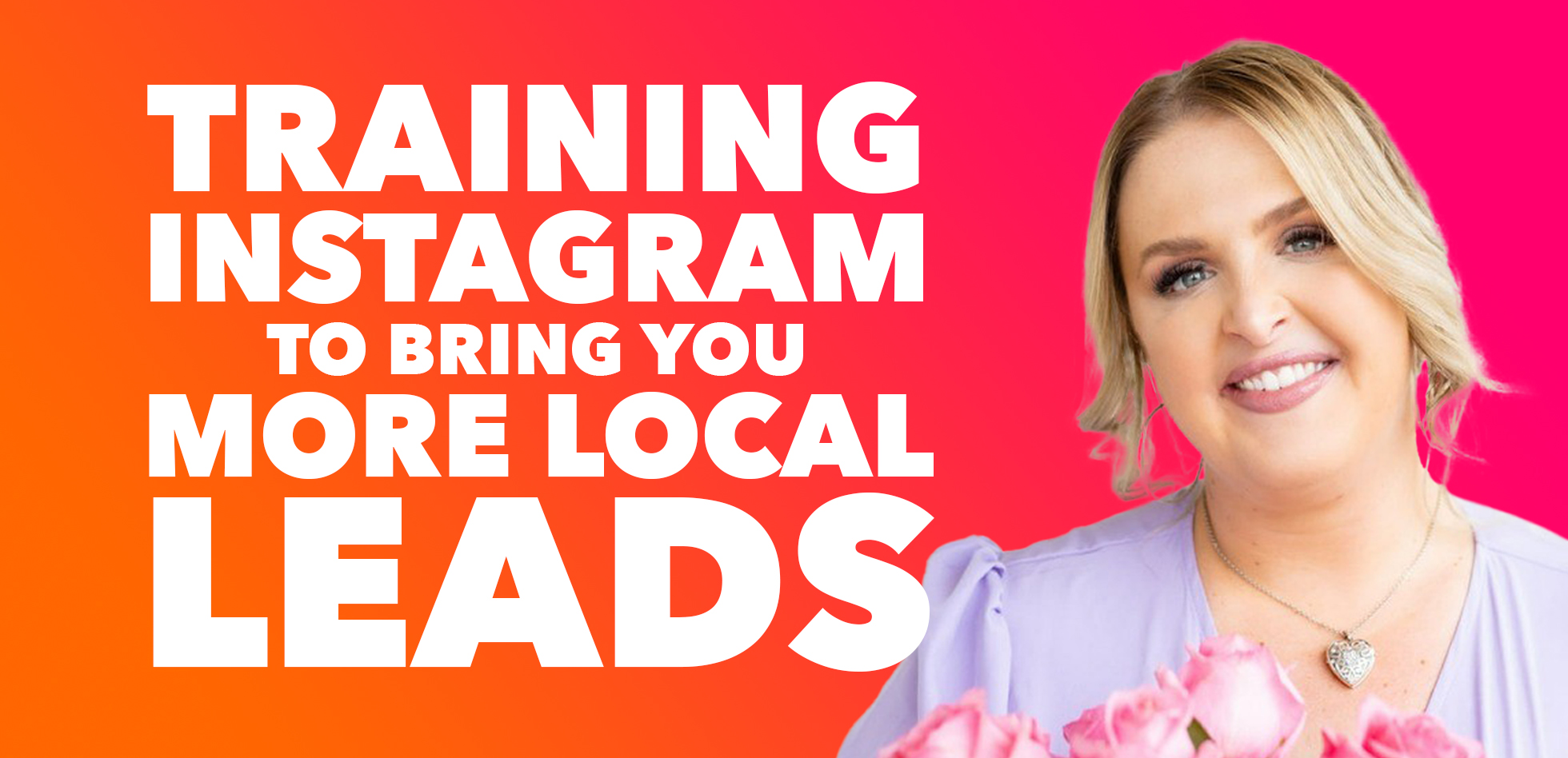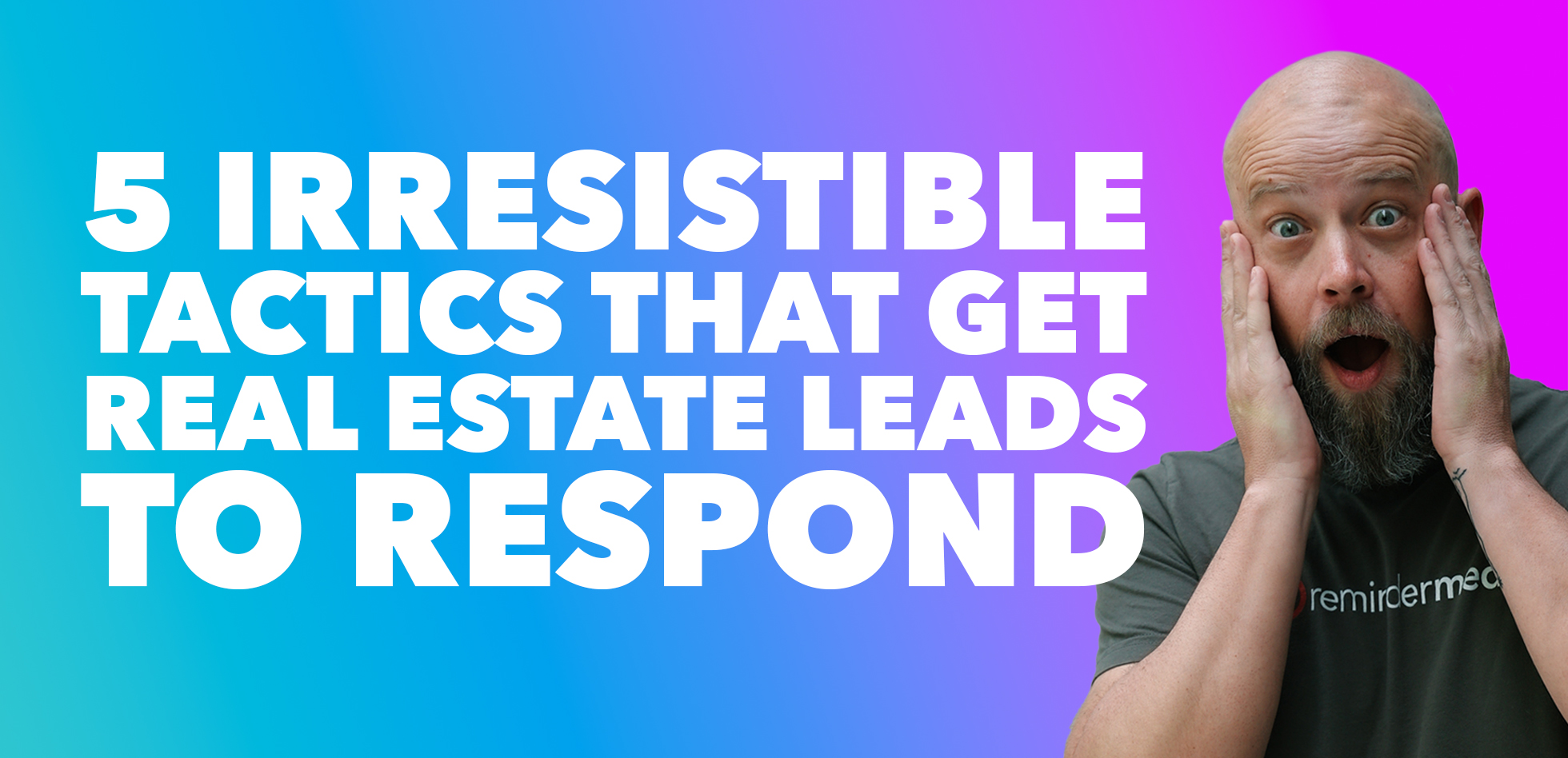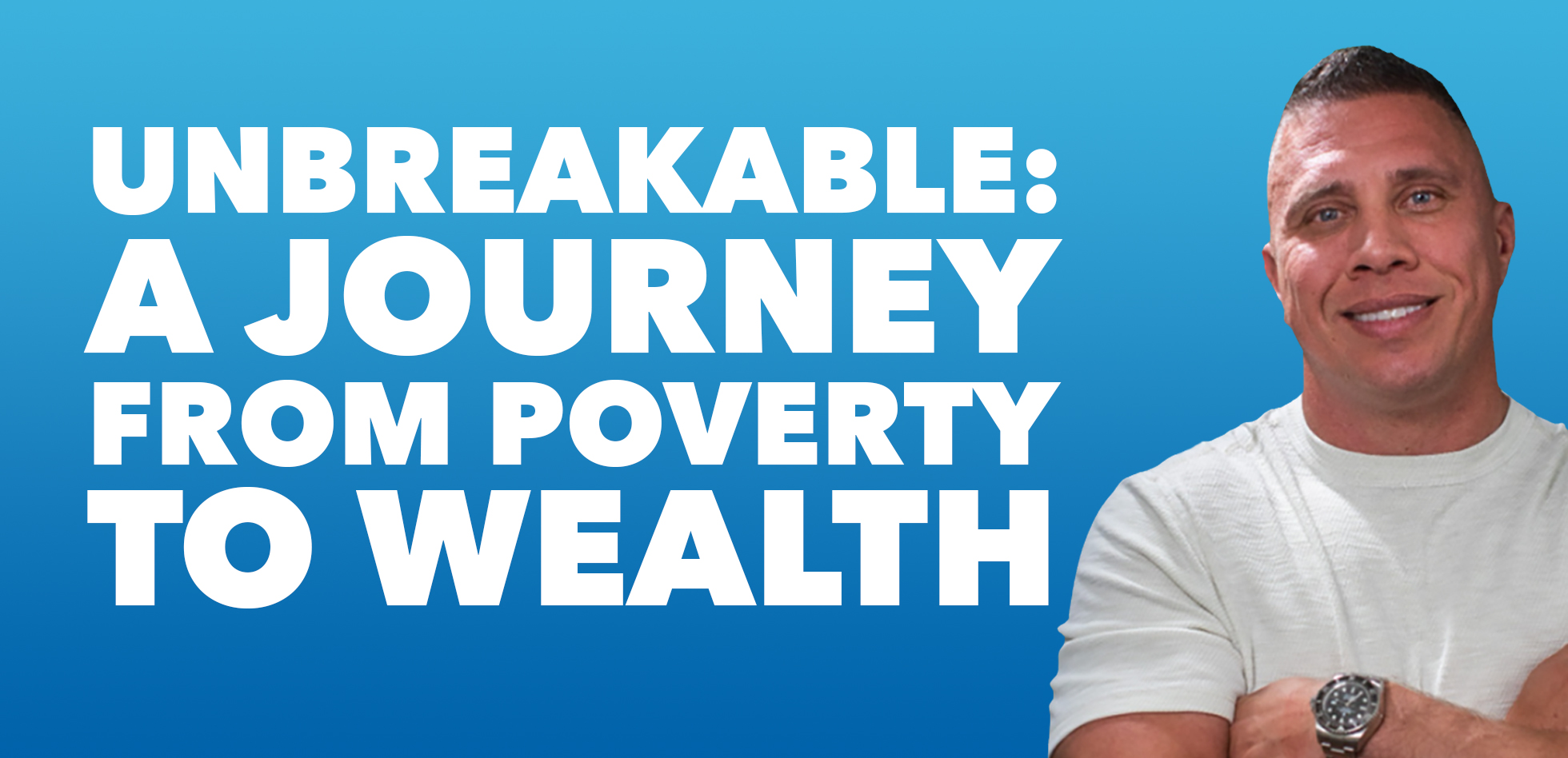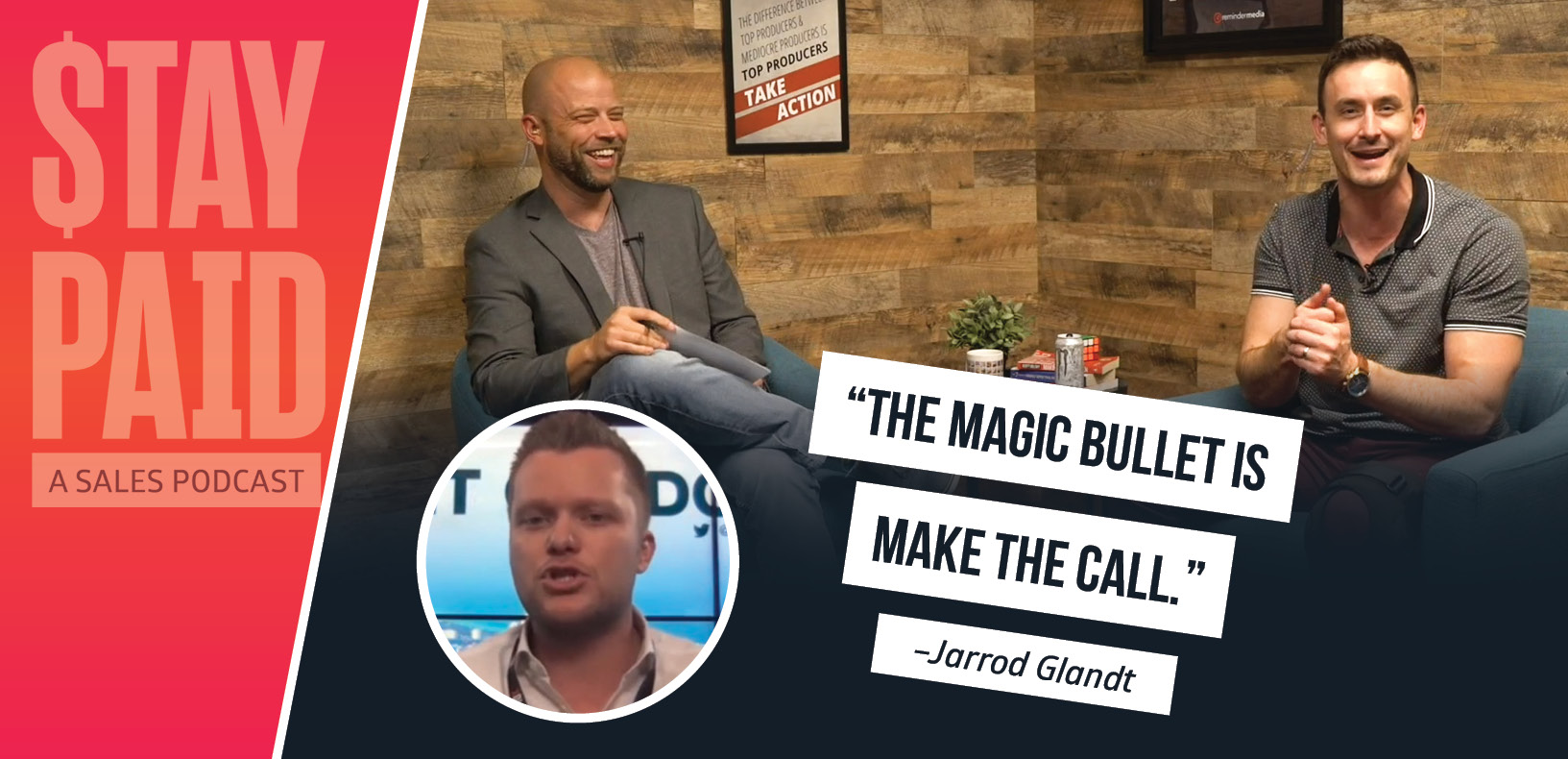Jarrod Glandt is the president of Cardone Enterprises, co-host of the Young Hustlers podcast, and an investor of Cardone Capital and the Hundy app.
In four years’ time, he went from being in debt to millionaire status—a change he attributes to his willingness to work hard and make big sacrifices.
Today on Stay Paid, Jarrod shares his amazing story, and offers a wealth of sales knowledge and actionable advice that will leave you feeling fired up and ready to take your business to the next level.
Key Points:
- The mark of a great salesperson isn’t how well they can close, but their ability to create opportunities for new business.
- When you get your team truly invested in their own goals, you won’t need to worry about motivating them.
- The phone is still the single most powerful tool for salespeople, but you need to make a lot of calls to learn to use it well.
Q: Introduce yourself to our audience.
I grew up in San Diego. My dad always ran motorcycle dealerships. I started hanging out there with him when I was 15 or 16 years old. These were relatively big transactions with a high volume of sales. In that environment, you get exposed to sales quickly and understand how the process works.
Anything like that is a great place to cut your teeth. You get a lot of interactions with customers, and you get to see people.
I started selling advertising in AutoTrader magazine, and became the #2 rep in the country. I was the youngest rep in the country, and I was making $200,000 a year. I was out partying all the time. I wound up doing drugs and getting into that whole thing.
I quit the job and the money stopped. It was the lowest of lows. I had a bright future. Then, following one bad decision after another, I was living at my buddy’s house because I couldn’t afford to pay rent.
I wound up moving to Austin to work for my dad, and then I moved back to San Diego. I needed to do my own thing, because I didn’t want my success to be tied back to my dad.
I ended up in a job I hated. But then my dad sent me a link to Grant Cardone, because he’d just bought one of his sales programs for his team. I watched the clip, then I devoured every piece of content I could find online.
I called the office every day for a month trying to get them to interview me. Eventually, they hired me. I started grinding. When I started, there were only four employees. The office was in Grant’s pool house. Now we have 178 employees.
I really didn’t become a salesperson until I started working for Grant. So many people think they’re salespeople, but it’s garbage. They’re not professionals. They’re not even close to it. Nothing they do is professional, but they call themselves that because they can talk to people.
That was the first big realization I had—understanding the process and the training that goes into it. That’s what ultimately gets you the results that you hope for.
Now, as we’re building our team out, it’s a matter of transfer, management, scaling, evolving, and partnerships. But most people never get out of first gear because they already think they’re a pro—and that’s nothing more than a joke.
Q: What do you think it means to be a professional salesperson?
In my opinion, everybody likes to talk about closing, and they think that’s the badge of honor. But they’re wrong. The badge of honor as a salesperson is “I can go find my own business, and I can build a business.” Mastering the art of creation of opportunity is what sales truly is.
The average customer is more than halfway through the sales process by the time you make an offer. They’ve done the research. That doesn’t mean the close isn’t important, because it is. But the thing that kills salespeople in our back office is they can’t even get anybody to talk to. They can’t get anybody on the phone or anybody to show up for an appointment.
If you can get the front end of a deal done, you’ll become a superstar. Even if you’re not a great closer, marketing and branding will still grow your company. Some of the biggest companies in the world have terrible sales processes.
Q: What’s your view on the importance of phones in today’s sales landscape?
The phone is the most powerful tool a salesperson has. Let’s say you have a toolbox. The screwdriver is probably the thing you use more than anything, but that doesn’t mean you don’t need a hammer or pliers.
The phone is the lifeblood, but that doesn’t mean you don’t need to email, or leverage text or video. You hear these stories about real estate agents earning millions of dollars based on referrals. What you don’t see is the three years of making calls and building a groundswell to get the train out of the station. It goes slow, and most people don’t have the perseverance.
Q: Why is it that salespeople don’t have perseverance?
Incorrect estimation of effort. That’s the purpose of The 10x Rule. A lot of people don’t know how Grant went out and built his first business. Grant would go out for 18 months on the road without going home. He’d go from city to city, and he would cold call and door knock to sell sales training to businesses.
Imagine what that takes. Right now, we can sit with our phones. We can go on the internet and do research. We can ping somebody on LinkedIn. We can send videos. Imagine going on the road and dealing with all that failure.
Now, Grant is like, “Dude, this is easy compared to what I had to do.”
Q: What has worked for you?
You have to have goals big enough and be willing to make big sacrifices to reach them. One of the things that turns people off about us is that we’re laying out a plan to do something big. Everybody says they want to do something big until they have to write the check or put in the work.
It took a lot of work for me to get to $1 million a year. I was sleeping on an air mattress and making $180,000 a year. I was banking all my money into investments in real estate.
You’ve got to go all-in six days a week. Maybe other people are smarter and can get there faster, but I had to come in at 6 a.m. every morning, and I worked six days for two years. The third year, I hired somebody to help me so I didn’t have to do the Saturday work.
I was a madman, but it built my business up. It got me out of the station. If I had to get deals, I could call people up and get referrals out of nowhere. Before you’re a great closer, you need to be great at creating an opportunity.
Q: How do you vet your salespeople to make sure they’re the right fit?
The biggest mistake people make with hiring is not hiring people or looking for the perfect hire. You’ve got to be willing to go through people to find the right people. You have to look for people who are willing and capable. They’ve also got to be coachable.
We have personality assessments that help us figure out the right people. Most of the people we hire were making $70,000-100,000 and wanted to make more money.
As a salesperson, you don’t have to do a lot to make 7 or 8 grand per month. The bar is low.
At the 10x Growth Conference, we talk about scaling and building teams. You constantly have to be getting around people who want to do better. You have to have support, community, content, strategies, and tactics. Getting through those first two or three years is hard—that’s why most people quit.
If you’re not constantly investing in yourself—if you’re not treating your craft like a profession and an art—you will not survive. A recession is coming, and people are probably going out of business. When the pie gets smaller, the strong survive.
If we go through a crash, our business changes. But I know I have that grit built in to be who I want to be in that scenario. If you can create opportunities, that’s freedom. You can write your check.
When you have that level of confidence, you still get fed when the pie gets smaller.
Q: How do you keep your own team motivated?
You don’t motivate them first. You get them to buy into themselves. You get them to buy into what they want, and then you show them how they can get that working for you.
If you can lead with the thing they want and hold them accountable, you don’t need to motivate people. All you have to do is be a leader who helps them get what they want. And you’ll get what you want.
When we’re having one on one meetings, we go back to their goals. Where are you at with your goals? Spend an hour and a half building out your ideal life. Where would you go? What would you do?
If I could get to a million dollars a month in income, that’d get me to $250,000 a month in passive income. That creates the flywheel where I live my dream life on a million dollars a year. Now, how do I do it?
I’ve mapped out what my ideal life would look like. I’ve thought about having these homes and this car. Just now, I realized I’m driving the car I wrote down. It’s all starting to come together for me, because I just get so focused. I’m willing to go in and work with Grant, pound, grind, and crash.
I’ve been working three weeks straight. You can make as much money as you want if you’ve created the right opportunity. I became a multimillionaire because I found the right person and was in the right vehicle.
If you have intention and you’re willing to act like a professional, you can write your own story. It’s easier than most people think. You try to overcomplicate it, but you’ve just got to do it.
The magic bullet is “make the call.” Show up. There is no magic script. If you committed to making a bad call rather than making no call, you’d be successful.
Everybody sucks in the beginning, and it’s not until you make a bunch of calls that you figure it out. If you’re not producing at the level you think should be, commit for the next six months to making terrible calls every day in high volumes.
Q: What advice would you give your younger self?
I would tell myself to take making money seriously. If I’d have known at 18 what I knew at 26 …
When I came to work for Grant, I was in debt. I was a millionaire four years later. The only thing that changed was the right information.
You need to become serious about personal development. You need to be a master of the cold call. If I’d have done that for two years at 20, I could’ve had a sales job where I made some real money.
The amount of options that will give you when you’re older will be exponentially larger than if you don’t do that. Your phone represents access to your dreams, if you can only get great at it.
Action Items:
- Show up. Make the phone call. Knock on the door.
- Build a community of people you can be inspired by.
Connect with Jarrod
10x Growth Conference in Las Vegas
LinkedIn
Instagram
Twitter



















 Soundcloud
Soundcloud iHeart Radio
iHeart Radio Spotify
Spotify Spotify
Spotify


